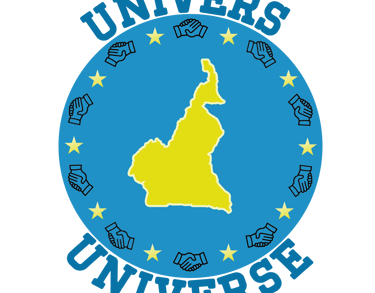Chapter 19 - Diplomacy and Foreign Relations


No country can live on the margins of the system of international relations. Since its recognition as a territory, Cameroon has only endured international relations; it has always been more of a spectator than an actor of its destiny. Even its independence was granted to it by foreign powers; the management of its internal affairs continues to be dictated by foreign political, economic, and cultural powers. Having been placed, during the colonial period, under the administration of Great Britain and France, Cameroon, once independent, maintained privileged, and sometimes exclusive, relations in certain areas with these former colonial administering powers for a long time. It is recalled that before the independence of Cameroon administered by France was proclaimed, the latter imposed on the new Cameroonian political authorities the signing of economic, military, and diplomatic cooperation agreements that were very favorable to the former administering power; this led some observers to say that Cameroon’s independence from France was only an illusion. It is true that nowadays, efforts have been made to break away from these colonial and neo-colonial ties through the non-renewal of these agreements initially planned for a period of 50 years. Cameroon then embarked on an operation to diversify its relations with countries other than France and Great Britain.
With the evolution of the world, Cameroon has greatly progressed in asserting its own identity in terms of international relations. Cameroonians who are candidates for emigration have ceased to consider Great Britain and France as preferred destinations; they are increasingly turning to the USA, Canada, Russia, African countries, the Middle East, and Asia. In any case, there is a need for Cameroon to rethink its international relations policy in which Cameroonians must have a say during the Reconstruction period.
Measure 1 – African integration and strengthening relations between the peoples of Africa
The UNIVERS Party supports the integration of African peoples. Communication infrastructures should be established to promote relations and interaction among the peoples of Africa. We are primarily thinking of road infrastructures that allow the movement and travel of populations from one African state to another. One should be able to build a road that runs from Saint-Louis in Senegal to Addis Ababa, from Tunis in Tunisia to Cape Town in South Africa. Each African country should make efforts to have a national road that reaches this crossroads. The African Union must be achieved through the union of the peoples. They must meet, get to know each other to better appreciate one another, establish all kinds of relationships that will lead to a continental “living together.” Gradually, in the medium to long term, an African nationality should be instituted.
Measure 2
The UNIVERS Party will propose that Cameroonians undertake a deep reflection on the economic partnership agreements signed by Cameroon. It will be necessary to prune these agreements of provisions unfavorable to Cameroon and admit those that are beneficial to it. Currently, the European Union and the countries of Africa, the Caribbean, and the Pacific are linked by agreements aimed at progressively eliminating trade barriers by removing customs duties, mutually opening markets, and promoting the free movement of goods and services between the two entities. In these agreements, everything happens as if there were no economically stronger party on one side and weaker ones on the other. It is advisable to review these agreements towards greater equity.
And what about CEMAC?
Still under study in the offices of the UNIVERS Party.
